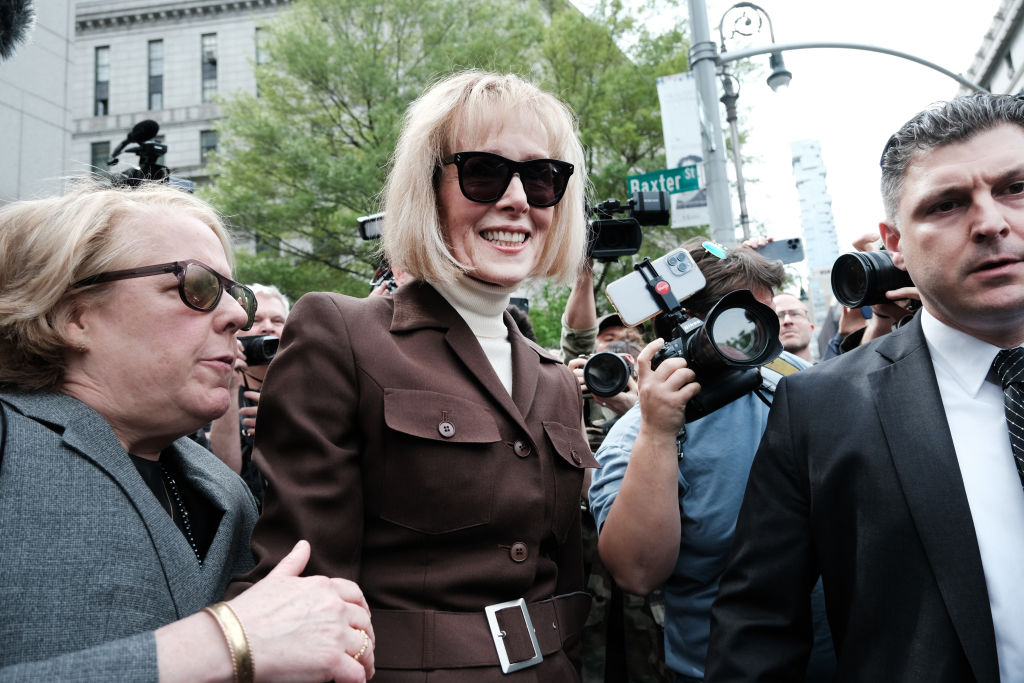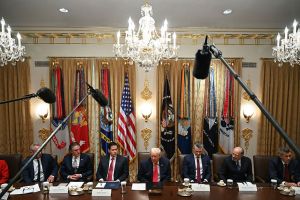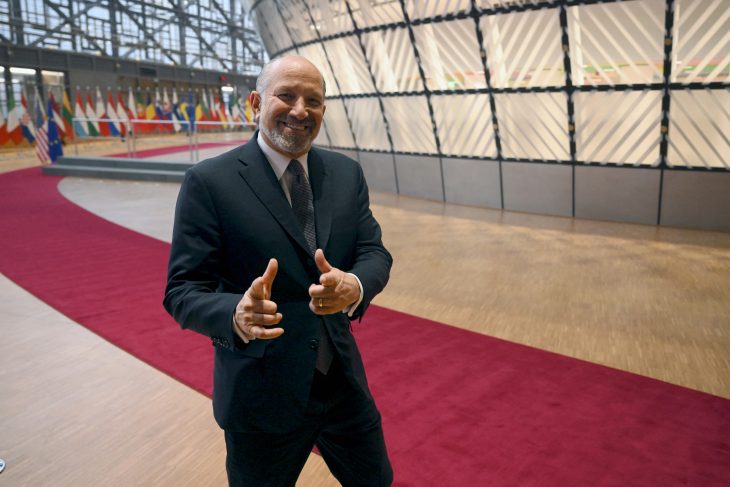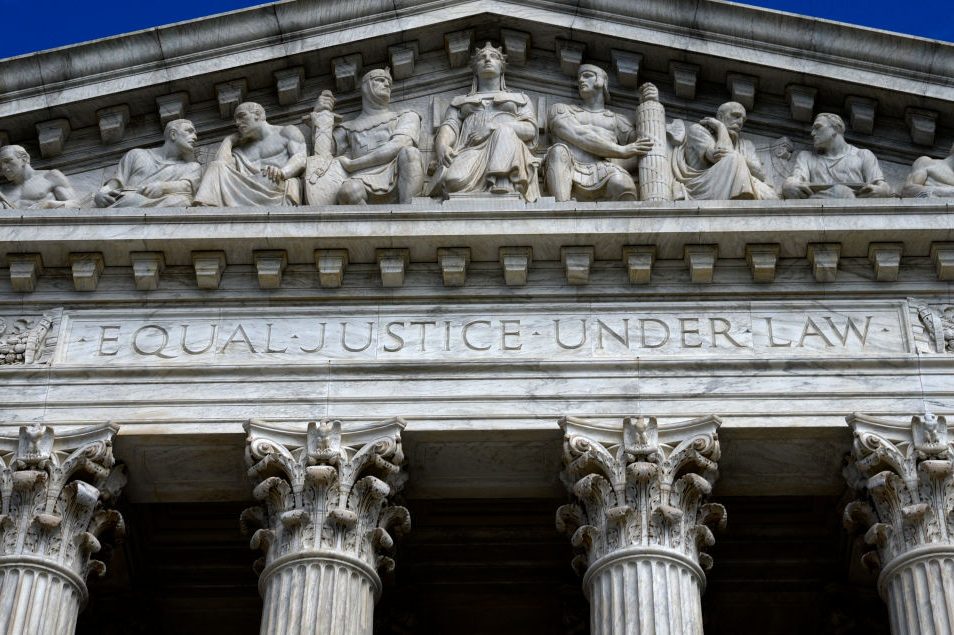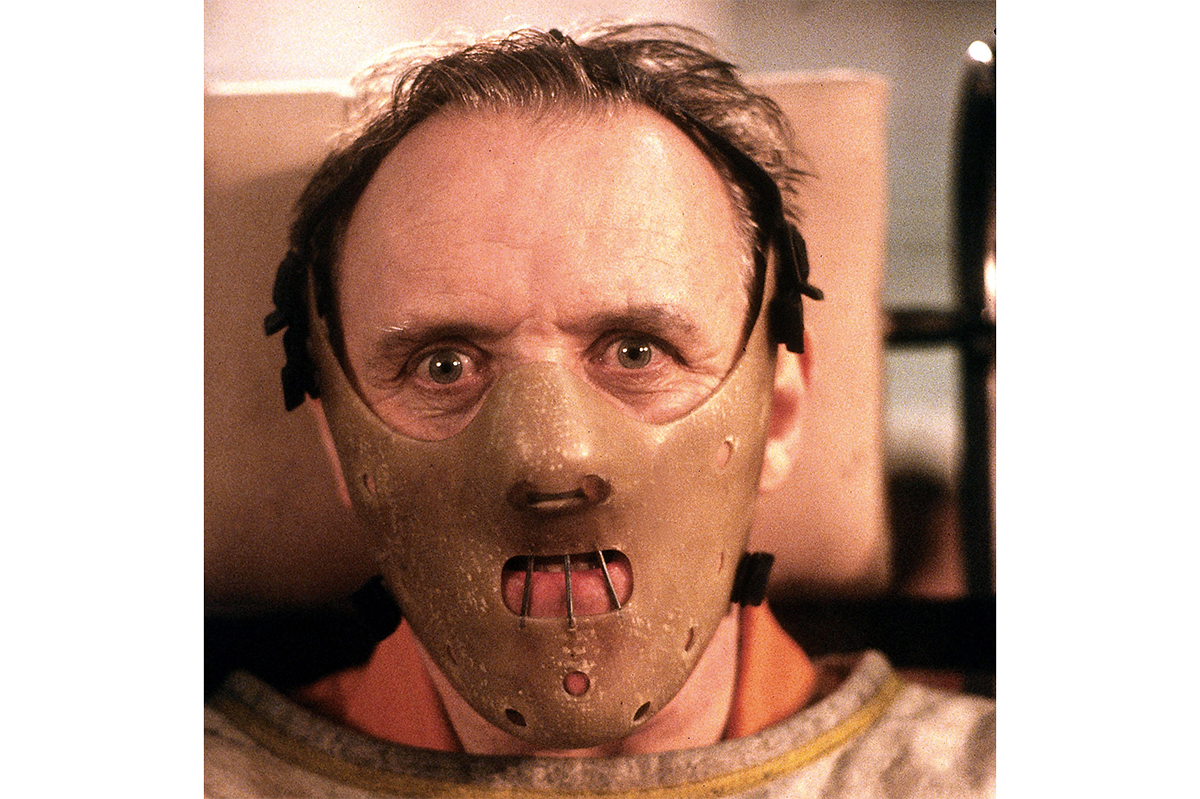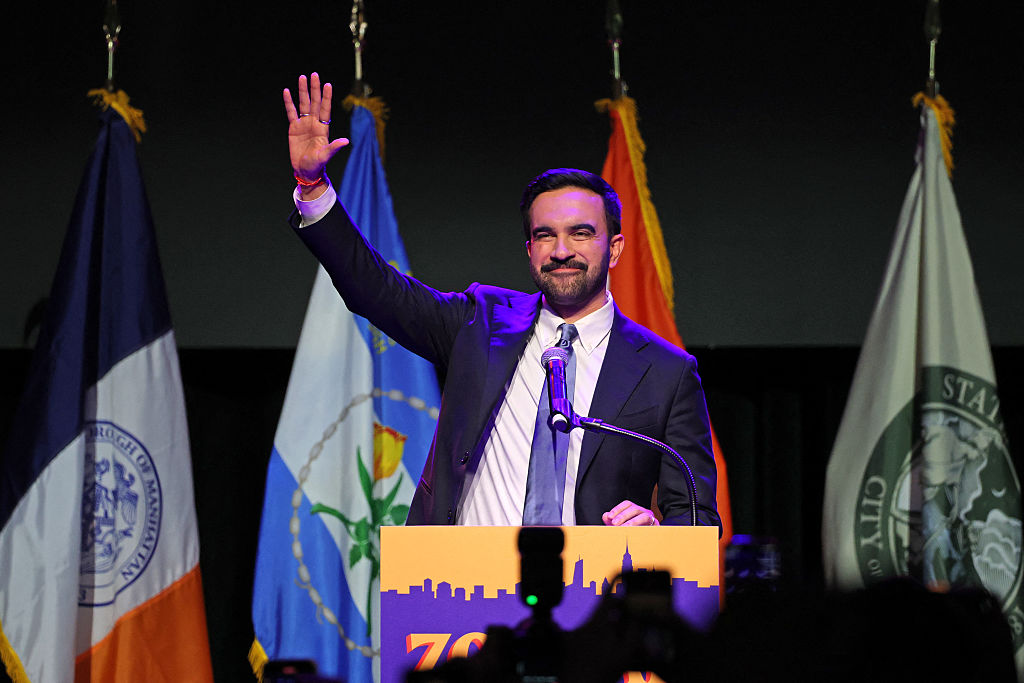The mixed verdict delivered by the jury in the Donald Trump civil rape case will be interpreted differently by those who support and oppose the former president.
On the main count that Trump raped E. Jean Carroll, the nine-person jury unanimously found that he did not. The plaintiff could not even satisfy its low burden of proof, namely proof beyond a preponderance of the evidence. In so finding, the jury apparently disbelieved at least part of the plaintiff’s testimony. She was very specific about being raped, not merely sexually abused or molested, as the jury did find.
It’s a strange verdict. The jury seems to have believed some of her testimony; namely that she had an encounter with Trump at Bergdorf Goodman in the mid-1990s, which Trump has adamantly denied, both in depositions and in public statements. He did not appear at trial either to testify or to sit in the courtroom, but his lawyer presented his denials to the jury.
It is also hard to reconcile the jury’s finding that he did not rape her with its finding that he maliciously defamed her by essentially saying that he did not rape her.
Accordingly, the United States Court of Appeals for the Second Circuit to which this case will be appealed, will have its work cut out for it. There will be other substantial issues as well on appeal. They include the extension of the statute of limitations, after it had already expired, which allowed the plaintiff to bring a quarter-century-old case. This may well constitute denial of due process as guaranteed by the Fifth Amendment. Other appellate issues will include the judge’s strange ruling that the names of the jurors will remain anonymous even to the lawyers, thus denying them the ability to research them and determine whether any hidden biases may have existed. This may violate the defendant’s constitutional right to trial by jury guaranteed by the Seventh Amendment.
Additional appellate issues will include the judge’s decision to admit some evidence presented by the plaintiff, such as the infamous Access Hollywood tape, in which Trump says that women permit celebrities to touch their private parts, as well as the testimony of other women who were deemed to corroborate the plaintiff’s testimony. The judge also excluded some evidence that the defendant sought to admit.
All in all, if the appellant in this case had a name other than Donald Trump, there is a good likelihood that the entire verdict might be reversed. But almost nobody, whether they be a judge or a juror, doesn’t have strong views about the former president. Whether these views impact judicial decisions is a question about which reasonable people might disagree.
The impact of this decision on Trump’s political aspirations is also uncertain. The mixed verdict is something of a Rorschach test. Supporters of Trump will point to the jury’s verdict that he did not commit rape. Opponents of Trump will point to the verdicts against him on the other charges, as well as the $5 million that Trump will be obliged to pay her unless he wins the appeal.
The verdict is unlikely to hurt Trump’s chances of securing the Republican nomination, since his base is unlikely to be influenced negatively — and that base is probably large enough to secure the nomination. But it may well impact independent voters in the general election. President Biden’s sinking polls suggest that if the candidates in November 2024 are Trump and Biden, this will be an election of negatives: who do you dislike least?
It’s a long time until November 2024. During the 2016 campaign, many people thought that the disclosure of the Access Hollywood tape shortly before the election would sink Trump’s chances, especially among women. That obviously proved untrue: many Trump supporters did not seem to care about accusations regarding his private life. But it remains to be seen whether enough voters overall care — and may be influenced by the unanimous verdict of nine jurors that he abused the plaintiff in this case.
The timing of the appeal may also play a role in voter perception. Under normal scheduling, the appellate verdict in this case could come down either shortly before or shortly after the election. That timing decision is completely in the hands of the judges of the Court of Appeals. They may well postpone the verdict until after the election so as not to influence its outcome.
This verdict is only the tip of a much larger iceberg of charges against Donald Trump. It is the first verdict directly involving his conduct. It is unlikely to be the last. Stay tuned…



